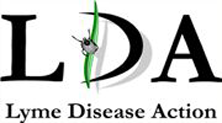All Change
In anticipation of its incorporation into Public Health England, the Health Protection Agency (HPA) has been reviewing its microbiology services and management. As part of the resulting re-organisation the functions of the Lyme Borreliosis Unit are being moved to the Special Pathogens Reference Unit at Porton which already provides reference services for a number of […]
more...